Nigerians vote in tight race to choose successor to President Buhari
Nigerians have voted to choose a successor to President Muhammadu Buhari amid hopes the next leader will steer Africa's most populous nation and biggest economy on a new course after years of worsening violence and hardship.
Polling stations were scheduled to open at 8:30 a.m. (0730 GMT) Saturday, but there were reports delays of several hours in some places while voting got underway more swiftly at others.
Buhari, a retired army general, is stepping down after serving the maximum eight years allowed by the constitution but failing to deliver on his pledge to bring back order and security across Nigeria, which is also Africa's top oil-producing nation.
So far, four out of the eighteen candidates to succeed him are being considered as the main front-runners and the new president is expected to emerge out of four people.
The main contenders in the race are former Lagos governor Bola Tinubu, 70, of the ruling All Progressives Congress, former vice president Atiku Abubakar, 76, of the main opposition Peoples Democratic Party, and former Anambra State governor Peter Obi, 61, of the smaller Labour Party.
With the voting age in the country being 18 and above, Nigeria was expected to witness more than a third of the total eligible voters, such as the youth, to crowd polling booths, as the polling turnout percentage has remained low for years.
More than 93 million people were also registered to vote at some 176,600 polling stations in the National Assembly.
People are calling for a smooth and transparent electoral process and the transition of authority fairly within peace, amid concerns about intimidation.
Recently, the police caught a Nigerian legislator in a battleground state with almost $500,000 in cash and a distribution list of names.
“Vote buying remains a major threat to our democracy,” Mahmood Yakubu, the head of Nigeria’s election commission, told reporters on Thursday.
The new president will also have to grapple with problems ranging from high inflation, deep poverty and energy shortages, to a Takfiri insurgency in the northeast, industrial-scale oil theft in the south and rampant crime everywhere.
Insecurity remains a prime issue as multiple armed groups continue crusades of terror across at least four of Nigeria’s six geopolitical zones.
For the election, land borders were closed, soldiers were patrolling the streets in several states and movements were restricted in an effort by the authorities to boost security.
Another key issue at stake includes the country’s economy, which has suffered two recessions in four years.
Nigerians are struggling to cope with a shortage of cash caused by a botched plan to swap old bank notes for new ones that has wreaked havoc on people's daily lives and led to scenes of violence at banks and cash machines.
Iran says its investments in Venezuela face no major risk
Make ‘right decision’ or face more US pressure, Rubio tells Venezuela’s Rodriguez
VIDEO | General Soleimani honored in Kashmir, Kargil
US, Israel waging ‘soft warfare’ to destabilize Iran after June defeat: Top general
VIDEO | Hundreds brave wind and cold to show solidarity with Gaza in Berlin
Israel kills more Palestinian civilians in Gaza amid ceasefire violations
VIDEO | Paris protest condemns US aggression against Venezuela
Pope Leo says Venezuela must remain an independent country


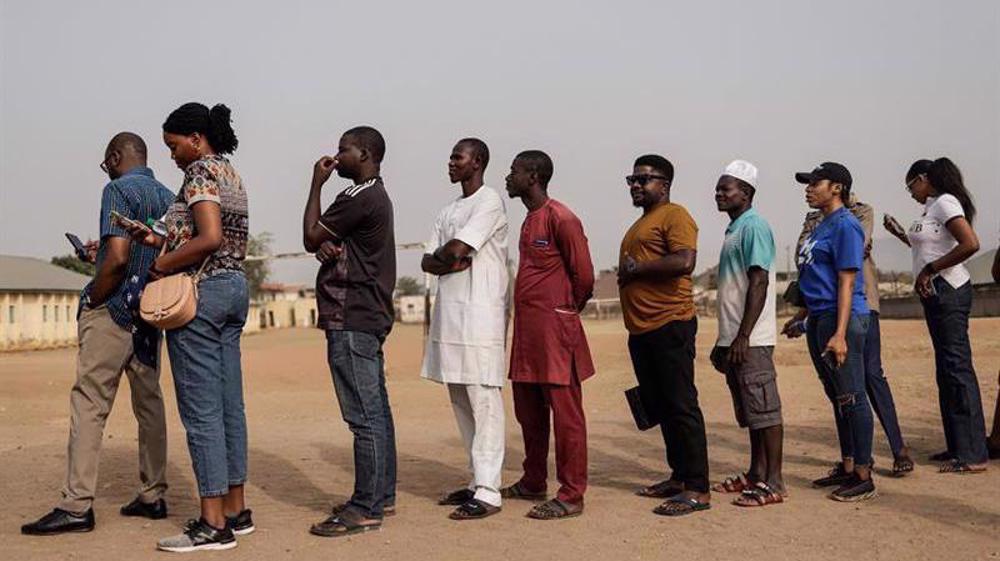
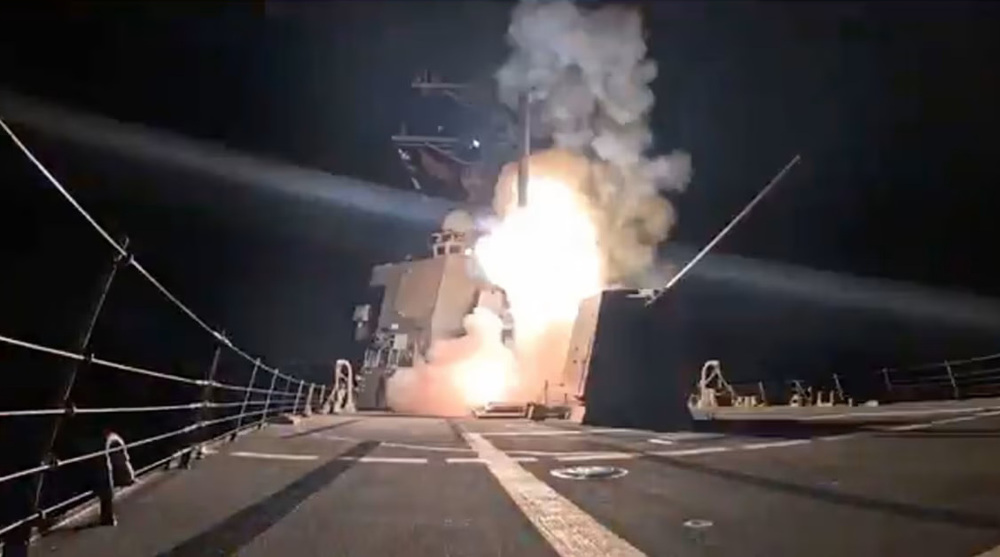
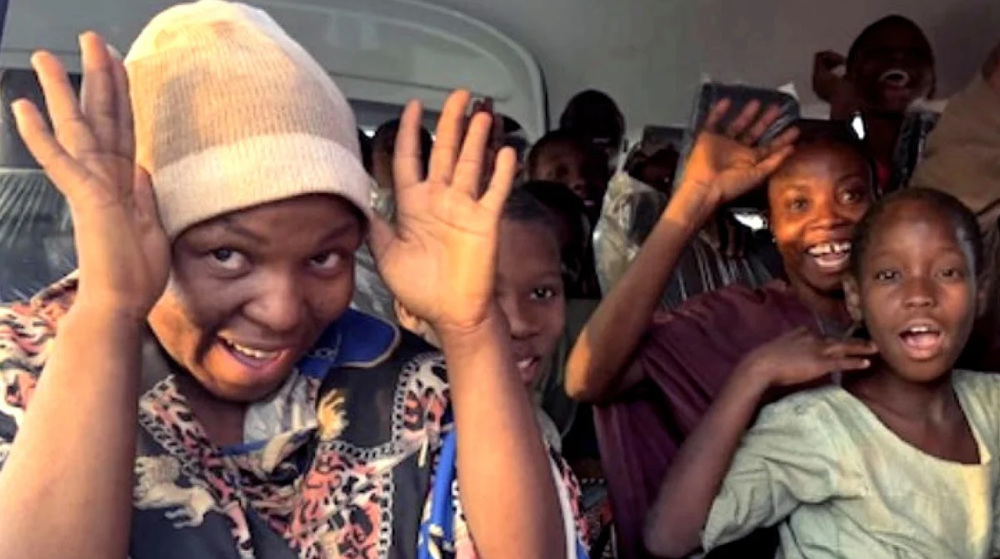
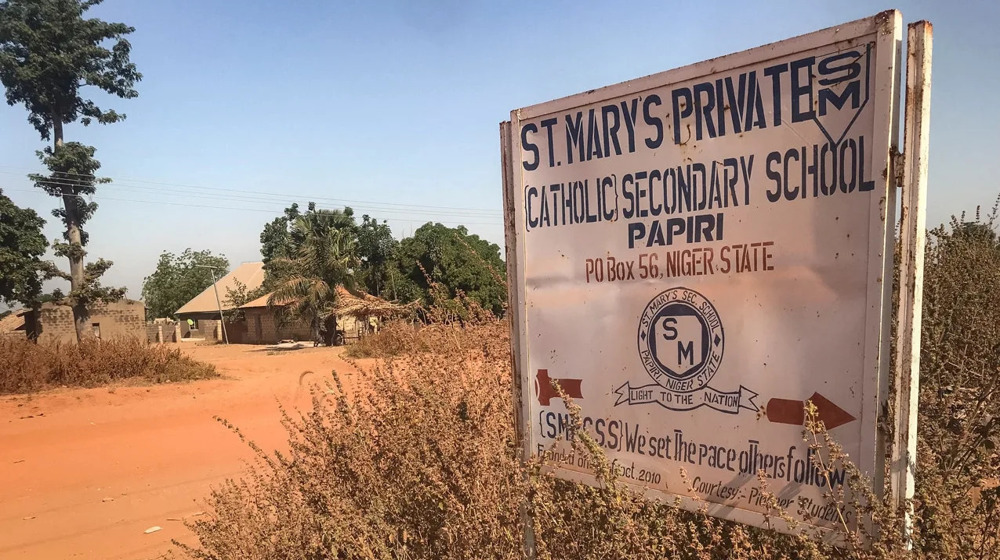



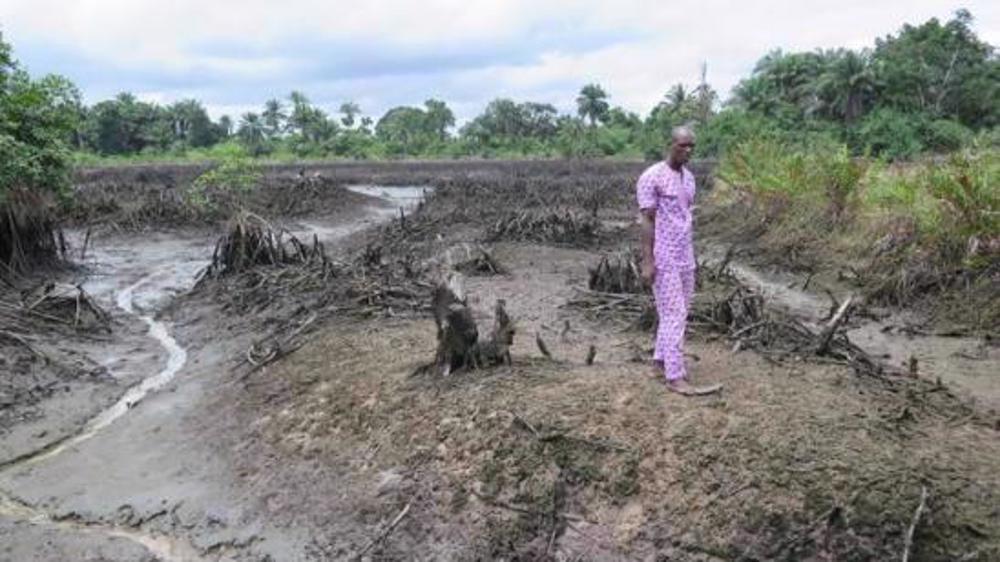
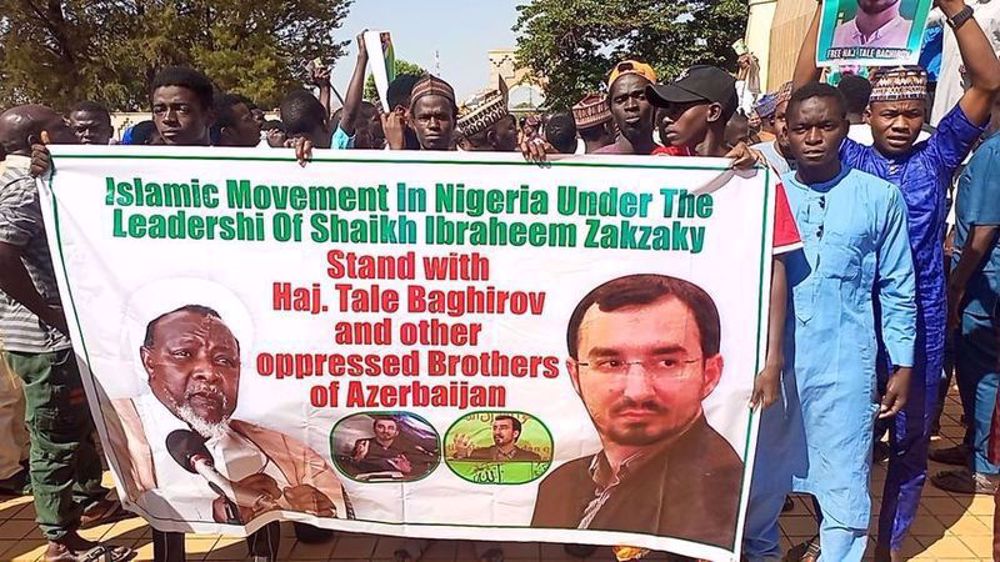
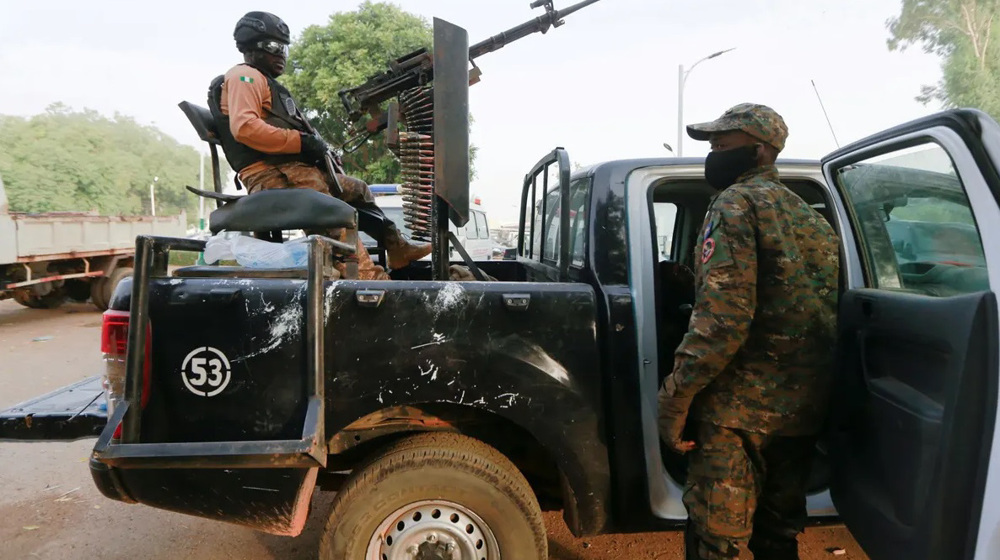
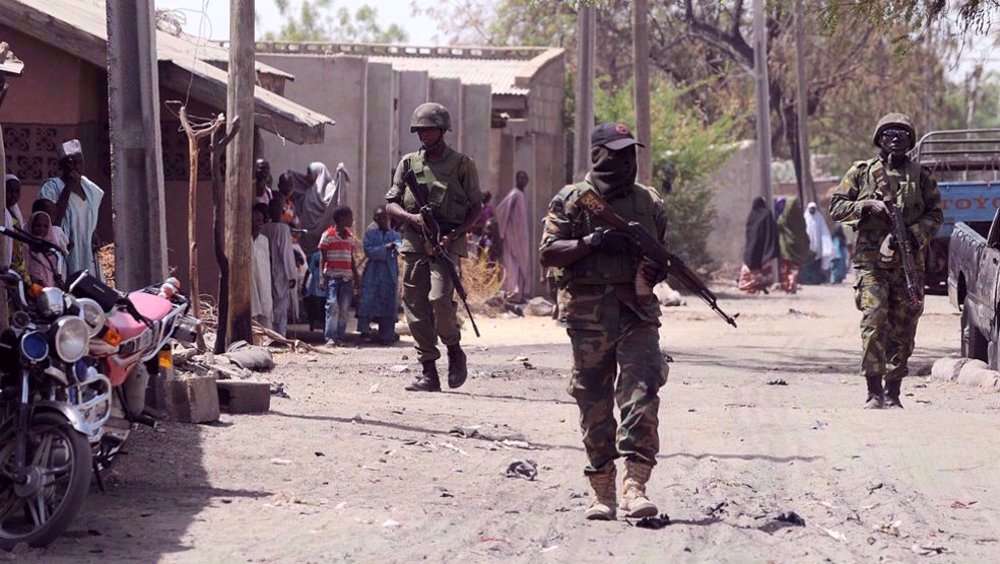
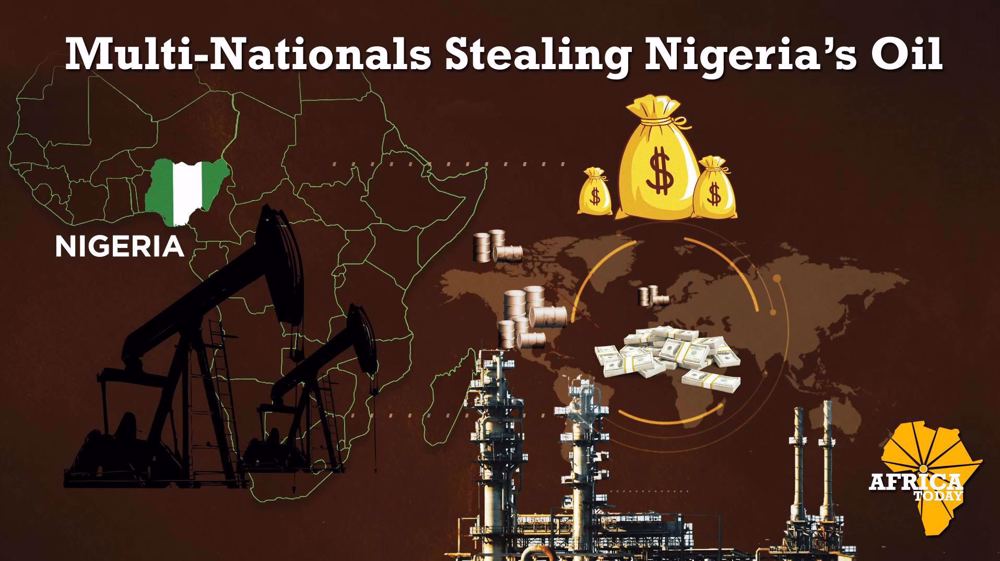
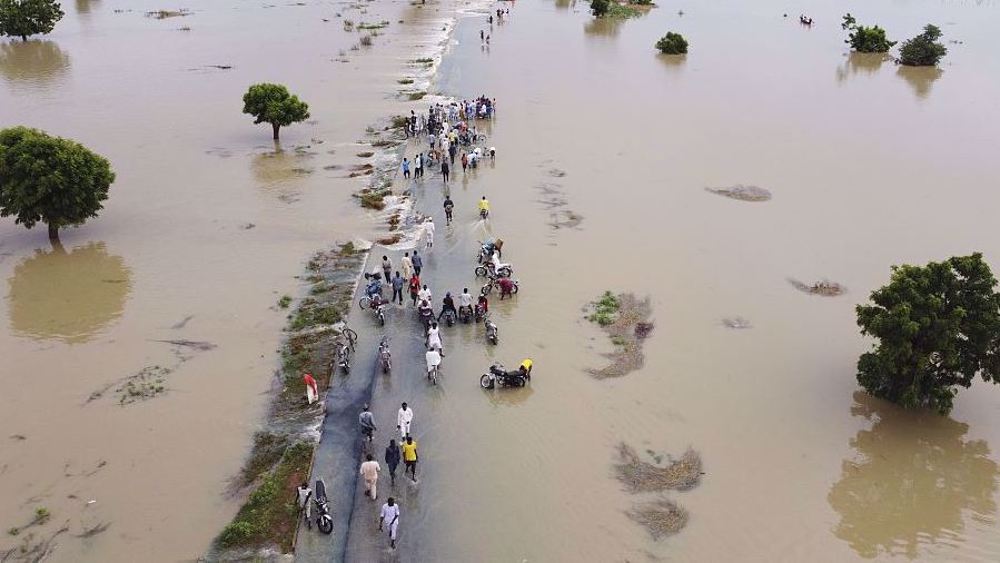

 This makes it easy to access the Press TV website
This makes it easy to access the Press TV website